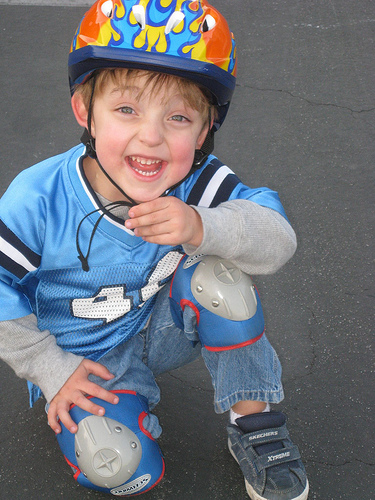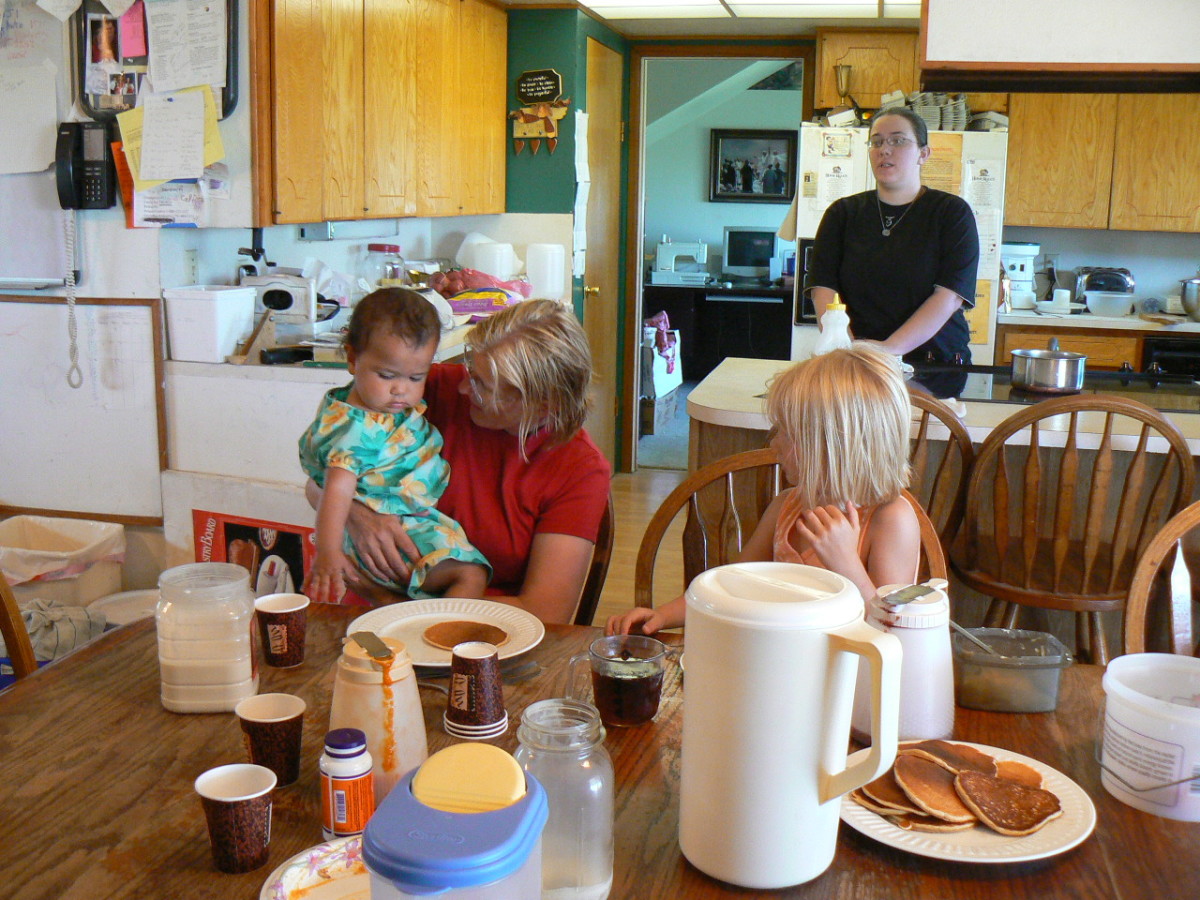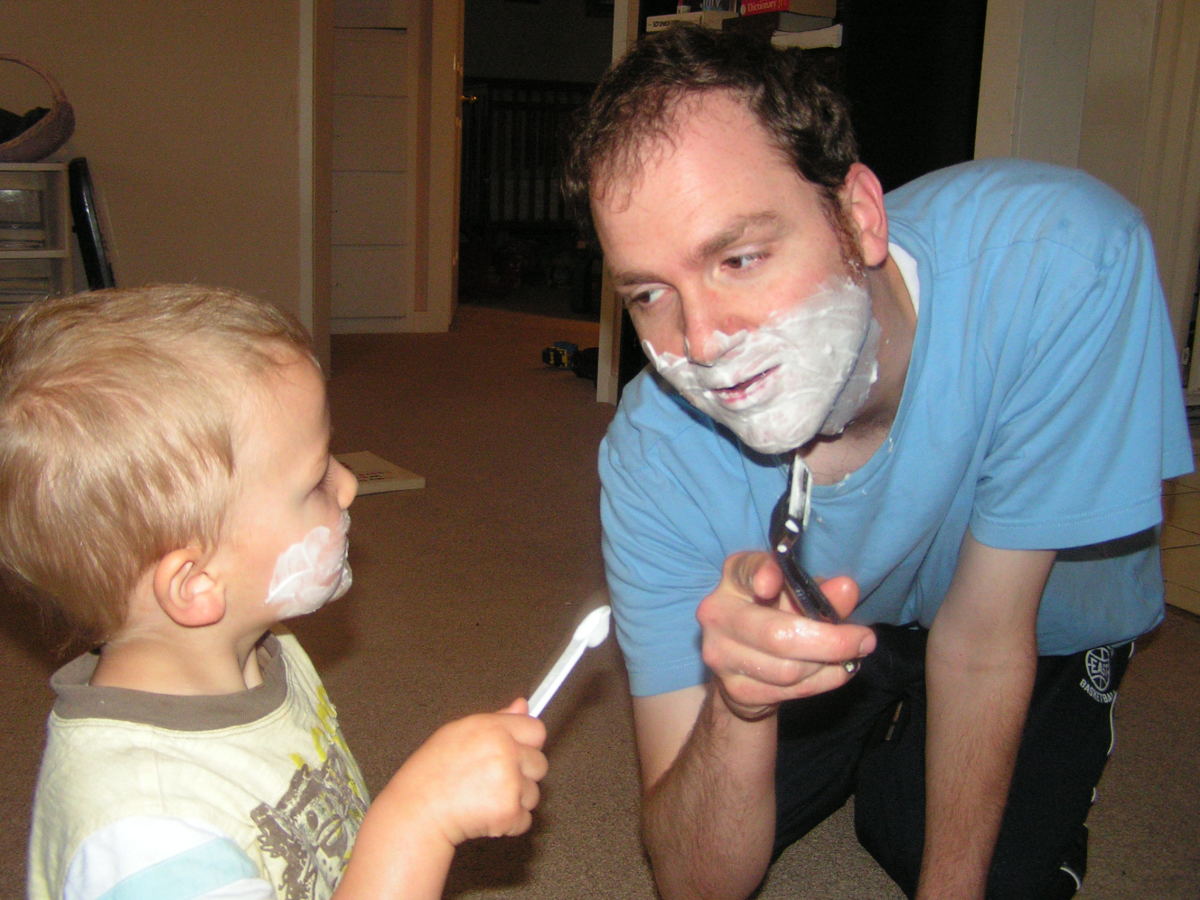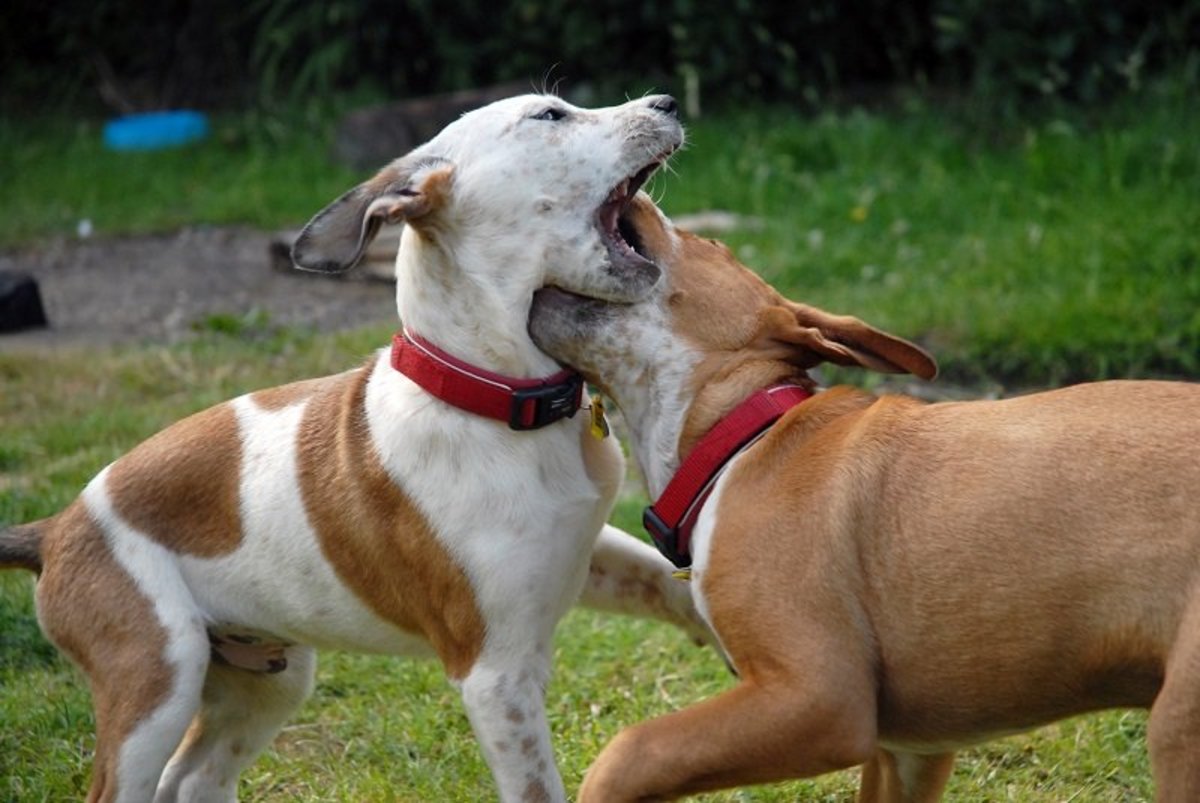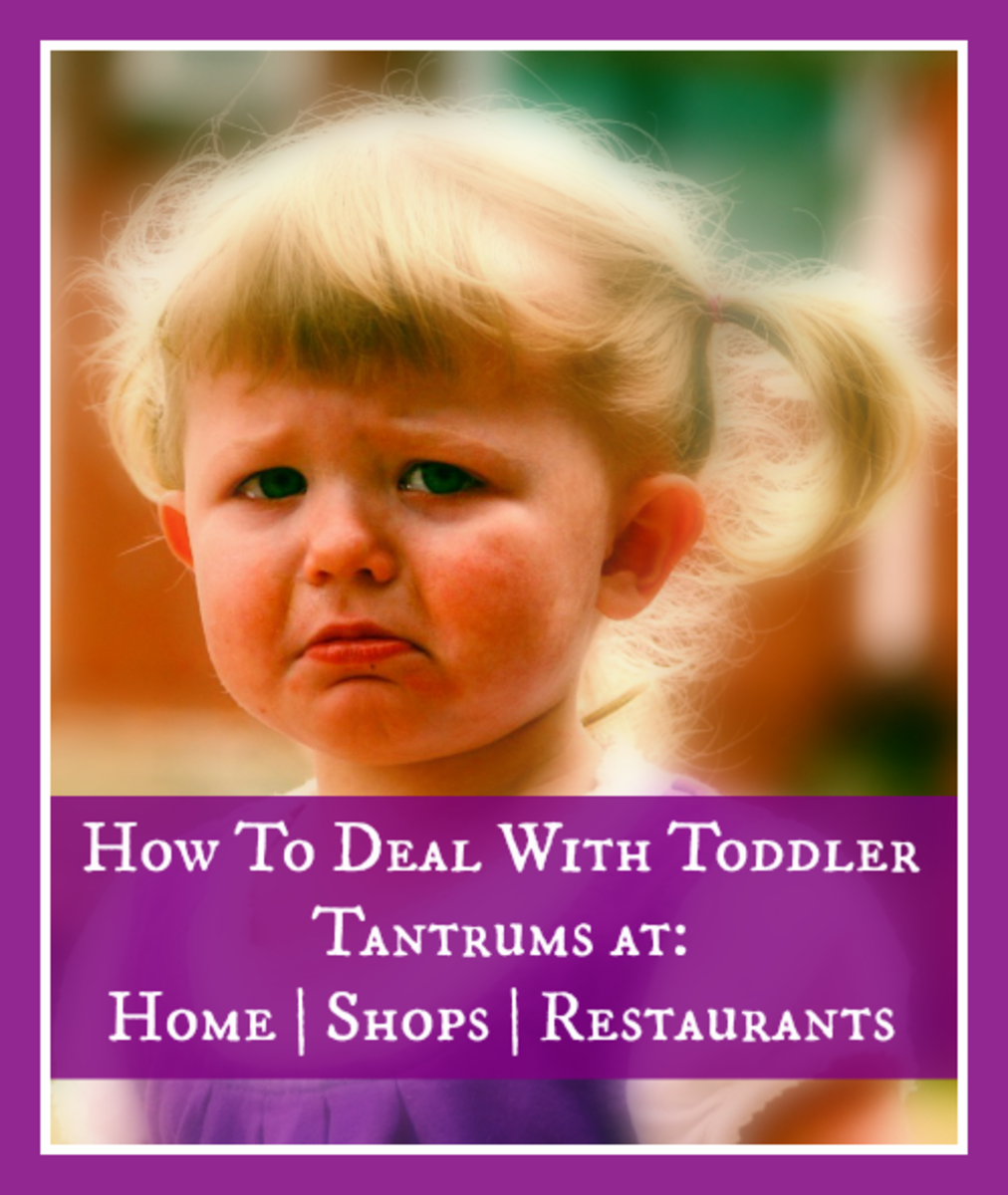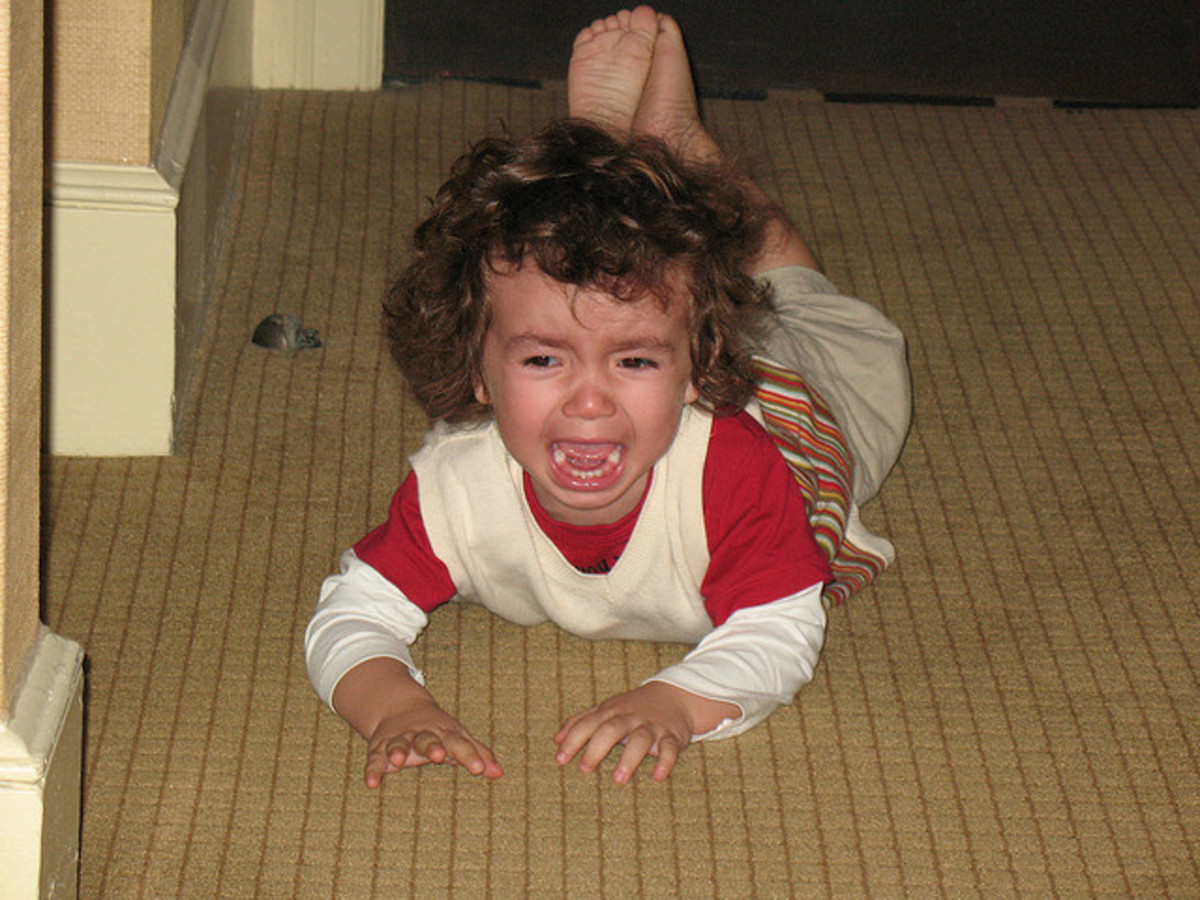Toddler biting discipline
This can be an extremely embarrassing problem. Your toddler is playing with someone else’s kid. You turn your back for a couple of seconds. Suddenly the other kid starts screaming their head off, because your toddler bit them. It is so embarrassing, because it makes you look like a bad parent, for not teaching your child better manners.
Why do toddlers bite?
Toddlers act out in a few ways: biting, hitting, tantrums and so on. The problem is fairly common in toddlers, from age 1 to 3 years. One reason for this is that they have problems communicating, at this age. This leads to feelings of frustration that manifests itself in bad behavior. Another reason, why toddlers bite, is that they get over excited during play at which point they might bite another child.
One’s intuitive reaction is to scold the child. Unfortunately toddlers consider biting as normal behavior, so they just get confused when you scold them for biting.
Toddler biting discipline
So, how do you stop your toddler from biting?
Toddlers tend to respond to discipline differently, there are a few methods that you can try to stop your toddler biting.
1. Repeating the message
Here you are actually using a predisposition that humans have acquired through evolution. For instance parents repeatedly telling their children: “don’t eat the green and yellow berries”. Because, the berries are poisonous children who follow their parent’s warnings do better over time. There for toddlers have a predisposition for following these kinds of repeated commands.
You want to pick something simple like: “We don’t bite our friends”. Train your toddler to repeat it when you say it. Repeat the message periodically and when they seem to get excited, when playing.
2. Positive reinforcement
This is a method of discipline that rewards your toddler for good behavior. What you usually do is to give your toddler a treat at a specific time every day. If they misbehave by biting another toddler, throwing a tantrum or acting out in another way, withhold the treat.
Here consistency is the key. If they misbehave don’t give them the treat regardless of what they say or do.
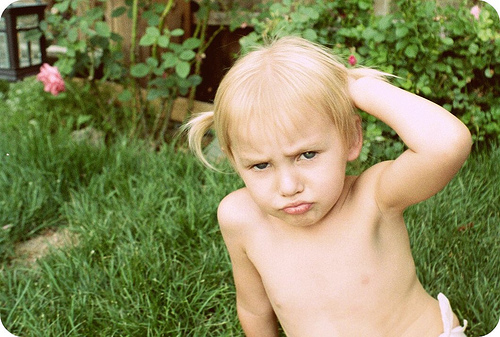
3. Time out method
This is a great method to modify any type of toddler misbehavior. You will need an alarm clock to do it, the type that is used in the kitchen. You need to be able to set it to a specific time, say 5 minutes. Then watch it count down and it needs to ring once the time has expired.
So the next time your toddler misbehaves you put them in a time-out area. The couch will do. You tell them: “You have been bad, time-out for 5 minutes”. You set the clock to 5 minutes. They then stay in the time-out area, without TV, video games or any kind of stimulation until the time is up. The first few times they will probably throw a tantrum and try to leave the area. You just remain strong and if they try to leave, pick them up and put them back in there.
The thing that all of these methods have in common is that you aren’t forcing the toddler to do anything. You are communicating what you expect and introducing consequences for good and bad behavior. Changing what they do is really done by the child. This means they will behave better, even when you are not there. With older children you can expand it by talking to them about their responsibility to the family and society. Ultimately you want your child to take on responsibility for their personal discipline themselves.

If you enjoyed this article, you might also like travel toys for toddlers and fun things to do with your toddler.
